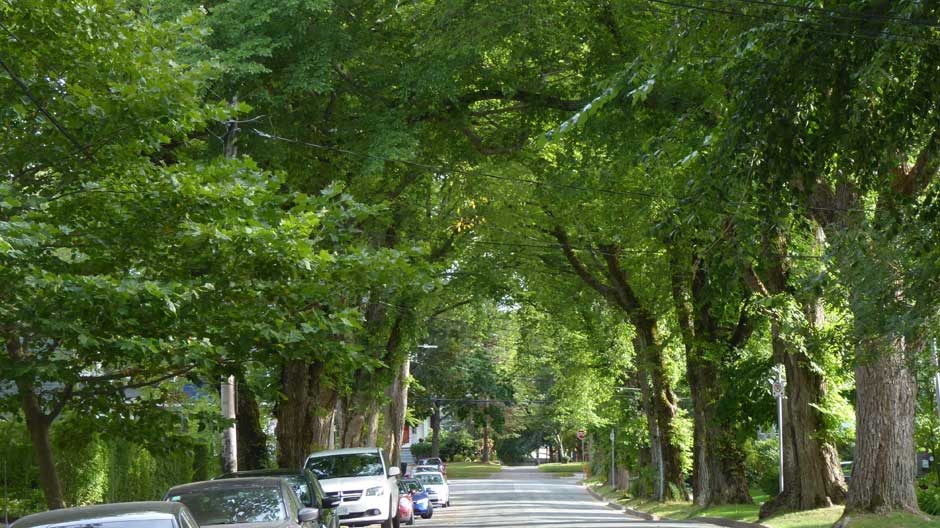
Bill Freedman in his all native plant front yard garden some years back
Click on image to go to YouTube Video
So advises Dalhousie University Faculty of Agriculture Prof. Paul Manning in an article entitled “How greenwashing can lead us astray in the pursuit of wildlife-friendly gardens” published in The Conversation, a kind of academic blog whose byline is “Academic rigour, Journalistic flare” on May 1, 2023.
From the Intro:
In recent years, declining wildlife populations have motivated people to find ways to protect and conserve the biodiversity in their neighbourhoods. And one such initiative that has gained prominence is wildlife-friendly gardening. These urban gardens create a variety of habitats and conserve biodiversity.
Gardens on private property can make up considerable portions of the greenspace in urban landscapes. And so, when individual gardeners decide to plant certain tree species or retain mature trees, these spaces can help meet wildlife needs in human-dominated areas.
But instead of focusing their limited time, energy and finances in these interventions that deliver effective results, many individual gardeners are falling prey to greenwashing. Greenwashing describes a practice whereby a product’s environmental benefits are exaggerated or misrepresented.
In my work as an ecologist, I have seen people spending money on products that have relatively smaller environmental benefits compared to alternative (and less costly) interventions.
Read more in The Conversation.
UpdateMay 9, 2023:
VIEWS: Against No Mow May: a bogus environmental initiative
Philip Moscovitch in Morning File (Halifax Examiner) May 9, 2023
